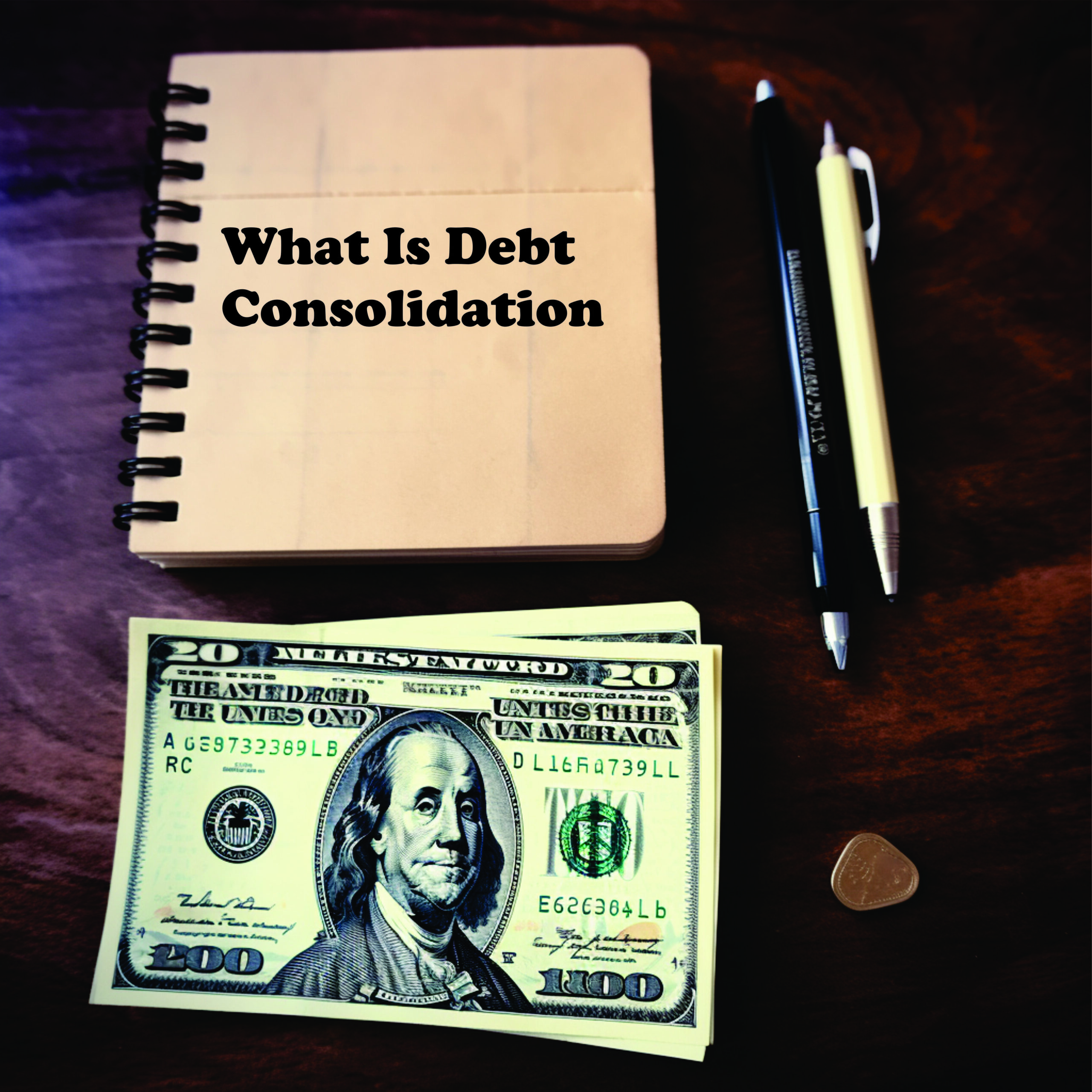An Essential Guide To Debt Consolidation For Single Moms

Last Updated on December 20, 2023 by Lori Pace
If you are a single mom struggling with an overwhelming amount of debt, have no fear you’re not alone. Many single moms find themselves in the same boat, drowning in a sea of red and unable to see any light at the end of the tunnel. According to the Family Research Council, over one-third of single mothers live in poverty and nearly 60 percent of non-teenage single mothers rely on food stamps or cash welfare payments. It’s fair to say that being a single mom is fraught with challenges ranging from maintaining a work balance to steady financial support from the get-go. The good news, however, is you can tackle all your financial challenges with debt consolidation.
On that note, here’s an essential guide to debt consolidation for single moms. An in-depth review of Pacific Debt Relief, a reputable debt consolidation service provider, can help you understand the options available to you in greater detail.
What Is Debt Consolidation?
Simply put, debt consolidation is taking on another loan to pay off your existing loans, liabilities, and other debts.
Debt consolidation means bringing together your multiple debts or liabilities under a single debt in the form of a loan that often comes with a lower interest rate and/or a lower monthly payment.
For instance, as a single mom, you can get the SoFi credit card consolidation, consolidating all your credit card payments into one new card.
This new card is usually a good idea because some of them have little or no interest for a set period. You can pay off high-interest credit card debts together at a low interest.
Paired with several debt consolidation programs like grants and debt relief programs that help with the unique financial burdens associated with taking care of children on their own. This would help repayment be more manageable and affordable.
Your banks and credit unions mainly offer this service, and they do this because they believe debt consolidation increases the chances of recovery from a debtor.
Types Of Debt Consolidation
There are two types of debt consolidation loans, secured and unsecured loans.
A secured loan is backed by a borrower’s asset like a home or a car which serves as collateral should the borrower be unable to pay.
An unsecured loan does not require any asset but is relatively difficult to qualify for and often comes with a higher interest rate and a lower down payment to get started.
Regardless, your debt consolidation loan interest rate will be lower than most credit card companies. The best part is the interest rate is fixed and doesn’t fluctuate over your payment period.
Pros And Cons Of Debt Consolidation
Advantages
Debt consolidation is a fine idea for single moms who have multiple debts with high-interest rates or monthly payments, especially if they owe more than $10 000.
You can benefit from single monthly payments at a lower interest rate instead of several payments by lumping all your debt together. And with different welfare programs, you can pick one that eases your financial burdens giving you a little more room to breathe.
Disadvantages

While it might seem like a good idea to lump your debts together rather than simplify them, sometimes it might not be the best path for you.
Debt consolidation means you have a longer payment schedule. And longer payment schedules are equal to paying more in the long run.
Before deciding on consolidation loans, speak to your credit card issuers and find out how long it will take to have your debts paid off at their interest rate and compare that to your potential new loan.
Pay extreme attention to the fine details to ensure you’re not paying more over the life of the loan. And also ensure you contact your financial advisor before taking a new loan.







